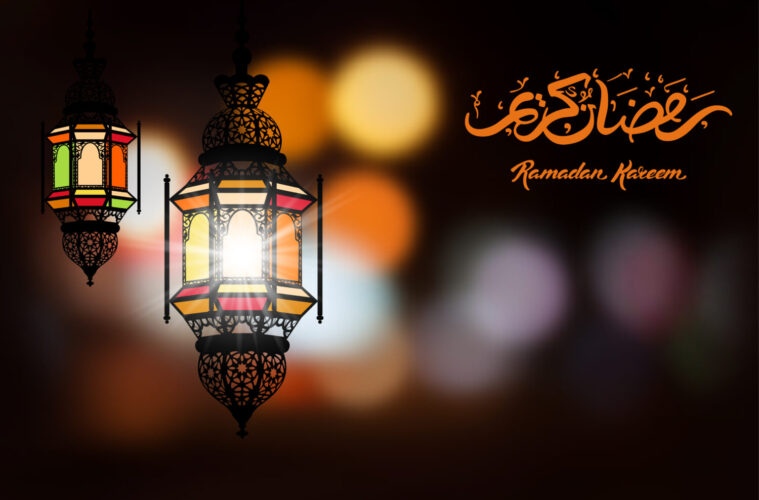On March 22, Muslims around the world began observing perhaps one of the most important events in the Islamic religion — Ramadan; this religious event will last until April 20. As with most faiths, rules and teachings are observed and celebrated during Ramadan. If you’re curious and want to know about Ramadan, here are a few key facts:
Facts to Know About Ramadan
Ramadan begins in the 9th month in the Islamic lunar calendar once the crescent moon is seen — and it ends 4 weeks later when the new crescent moon is visible. This year’s Ramadan, however, will end on April 20 when there’s expected to be a total solar eclipse — which makes this celebration more remarkable to the 1.8 billion Muslims who observe Ramadan (based on Statista’s report).
Why do Muslims observe Ramadan?
Ramadan is an extremely holy event in the Islamic world. To them, it was during Ramadan that the angel Gabriel (Jibreel) presented the Quran to the prophet Muhammad in 610 AD. And the revelation of the holy book — or what is called the Laylatul Qadr (the Night of Power) — is one of the most significant events in Islam.
What do Muslims do during Ramadan?
Muslims celebrate Ramadan to bring themselves closer to Allah, their god. Therefore, to properly commemorate the month-long event, Muslims abstain from doing anything “immoral.” Gossiping, getting angry, drinking alcohol, and having sex are a few of the things that are frowned upon in Islam — based on the Quran. If there’s a single special time when it’s imperative to practice the book’s teachings, it’s during Ramadan.
The most commonly observed and perhaps most well-known tradition that many know Muslims do during Ramadan is fast. For the whole duration of the event, Muslims are not allowed to eat or drink from sunrise to sunset. This means Muslims have to wake up before sunrise to eat a meal (which is also known as Suhoor or Sehri) — and once they’re allowed to eat again, which can only be done post-sunset, is called Iftar.
Fasting for one month may be difficult to grasp — especially for non-Muslims. However, according to a study published by the National Center for Biotechnology Information (NCBI), fasting during these times does not show to have negative health impacts. Moreover, to Muslims, fasting is just one tradition that’s followed during Ramadan — overall, Ramadan is celebrated to bring them closer to Allah.
How do I show support and respect during this holy event?
To Muslims, Ramadan is an extremely spiritual event. It goes without saying that regardless of your beliefs, allowing them to peacefully celebrate Ramadan is one of the best ways to show your support to them — as they deserve to exercise their right to freely practice their religion.
One way of voicing out your support to Muslims observing Ramadan is by saying “Ramadan Mubarak” or “Ramadan Kareem” which essentially means “Happy Ramadan” or “Have a generous Ramadan.” On the last day of Ramadan, or Eid al Fitr, you can also say “Eid Mubarak” which means “Blessed Festival.”
However, one should be aware that some Muslims are sensitive to having non-Muslims say these phrases — but not all Muslims will react negatively. To them, well-wishers in general are appreciated. If you greet someone who isn’t too happy about you using those Islamic greetings, respect their feelings and simply refrain from using them.
Whatever happens, don’t tempt or taunt Ramadan followers during their fast — about their fast. It’s insensitive and disrespectful to do so. You might think that they’re putting themselves through “suffering,” but to Muslims, fasting has a deep divine significance that not everyone has to understand — but it’s an Islamic tradition that everyone should respect.
In Summary
Ramadan is a special holiday for Muslims. And this year’s Ramadan (March 22 to April 20) will end on a day that coincidentally has another rare celestial event — a total solar eclipse. If you’re very keen to know about Ramadan, the teachings of the Quran, and ways to respect Islamic traditions, most Muslims are willing to teach and share their beliefs. Doing this is an excellent way to understand their religion better.
Advertising disclosure: We may receive compensation for some of the links in our stories. Thank you for supporting LA Weekly and our advertisers.

